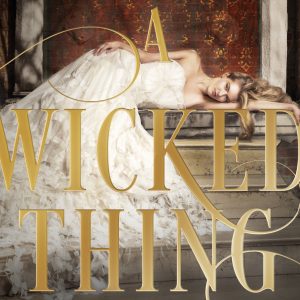(Just a note, this post is from our archives. Some references and links may be from past years.)
It’s springtime! That means the Writer Conference season is upon us. And you know what that means, pitch appoints with agents and editors.
I do think yoga breathing exercises are essential to do pre-pitch so you might want to brush up with some practice before you go.
And just in case you’d like a few more tips to help you through, I put together my quick and dirty list:
1. For a 10-minute pitch appointment, plan to spend about 2 minutes talking about your book and 8 minutes interacting with the agent.
2. Nail your pitch in two succinct sentences. Three at most. If you can’t do that, you’ll be in trouble during your pitch.
3. Include one thing about yourself that will make you memorable (but in a good way, LOL). Maybe you have an interesting job that plays a factor in what you write. A funny conference story that is safe to share. A hobby passion that is interesting.
4.. Be prepared to talk about what inspired you. What made you excited to write this book?
5. Come intending to pitch only one book. If, however, the agent asks what else you’ve written or what you’re working on, be prepared to answer that question.
6. Know that this pitch appointment is not a make or break it moment. Not for you as a writer, not for your career, and not for your book; it all comes down to the quality of your writing.
The pitch is simply one stepping stone to getting you read. And if it doesn’t go well, plenty of opportunities to simply query agents the old-fashion way through email. Plenty of authors landed their agent doing just that.
Last but not least, smile and breathe. Most agents and editors are lovely people and they want you to succeed in the pitch appointment.
Scout’s honor!
Pic Credit: Dan Govan









